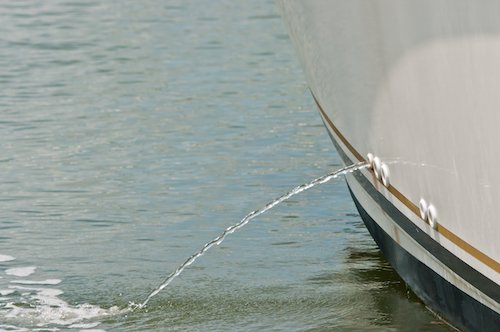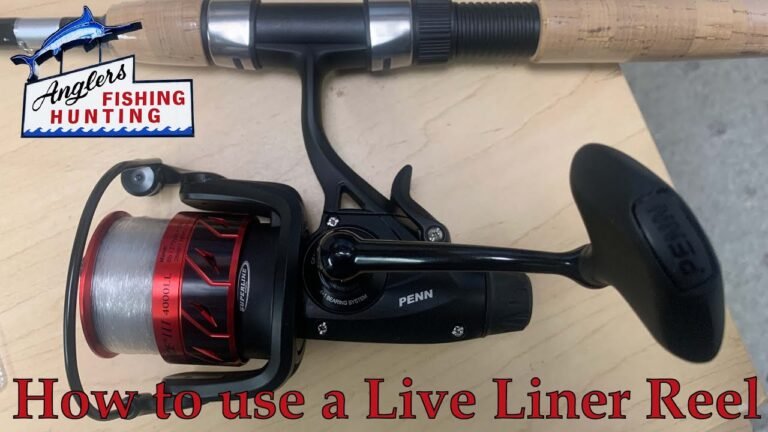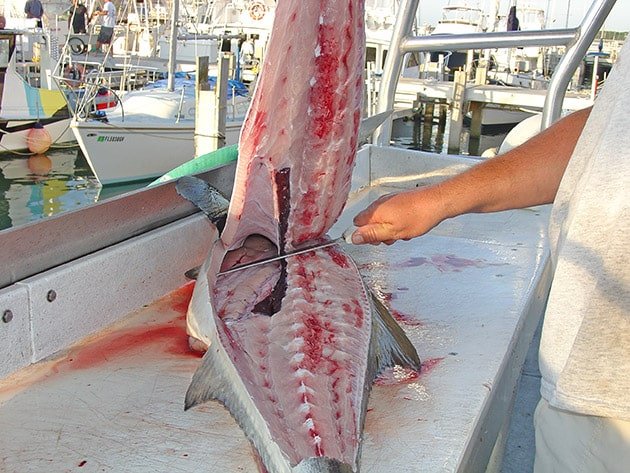How Long Can Bass Live Out of Water | Survival Duration of Bass Out of Water 2025
Bass can live out of water for a short period of time as long as they are kept moist. If the bass is allowed to dry out, it will die within a few hours.
Bass are a freshwater fish, but they can live out of water for a short period of time. If you remove a bass from the water, it will eventually suffocate and die. However, if you place the bass in a container of aerated water, it can survive for several hours.
The longest recorded time for a bass to live out of water is 18 hours.
How Long Can a Catfish Live Out of Water
A catfish’s natural lifespan is determined by the length of time it takes for the species to reach sexual maturity. However, a catfish can live out of water for a period of time, as long as its skin remains moist. When a catfish is taken out of water, its body begins to dehydrate and the fish will eventually die.
The amount of time a catfish can survive out of water depends on the temperature and humidity of its surroundings. In general, the warmer and more humid the environment, the longer a catfish can live without water.
How Long Can a Bass Live
Bass are a type of freshwater fish that can live for a long time. The lifespan of a bass depends on the species, but most bass can live for 20 to 30 years. Some species of bass, such as the largemouth bass, can even live for 40 years or more.
Bass are relatively long-lived fish, which is good news for anglers who want to catch them.
How Long Can a Bluegill Live Out of Water
A bluegill can live out of water for a maximum of four days. If the temperature is below 50 degrees, the bluegill will not survive.
How Long Can Trout Live Out of Water
Many people don’t realize that trout can actually live out of water for quite some time. In fact, they can survive for up to eight hours as long as they are kept moist and cool. This is because trout have a special ability to absorb oxygen through their skin.
However, if they are not kept in optimal conditions, they will only be able to survive for a few hours before succumbing to the lack of oxygen.
So, how can you keep trout alive out of water? First, it’s important to keep them cool by placing them on ice or in a cooler filled with cold water.
Second, make sure they stay moist by wrapping them in a wet towel or keeping them in a container filled with water. And third, provide them with some form of aeration so they can continue to breath. An aquarium air pump connected to an air stone works well for this purpose.
By following these simple guidelines, you can keep your trout alive and healthy for many hours out of water – giving you plenty of time to get them back into their natural habitat or take them home for dinner!
How Long Do Smallmouth Bass Live
Smallmouth bass are a type of freshwater fish that is part of the sunfish family. They are native to North America and can be found in rivers, lakes, and streams. Smallmouth bass typically live for about 10-12 years, but some have been known to live up to 20 years in captivity.
The average length for a smallmouth bass is 15-20 inches, but they can grow up to 30 inches long. Females tend to be larger than males.
Smallmouth bass are popular sportfish because they put up a good fight when hooked.
They are also considered good eating, although their dark flesh can sometimes be strong-tasting. Bass fishing tournaments are held throughout the United States each year, with anglers competing for large cash prizes.
If you’re lucky enough to catch a smallmouth bass, consider releasing it back into the wild so that others can enjoy the thrill of the catch!

Credit: www.onthewater.com
Do Bass Survive After Being Caught?
Whether or not bass survive after being caught depends on a few different factors, such as the size of the fish, the type of tackle used, and how the fish is handled. In general, however, bass have a high survival rate after being caught and released.
One study that looked at the survival rates of largemouth bass found that over 96% of fish survived when they were caught using barbless hooks and properly released back into the water.
The study also found that larger fish were more likely to survive than smaller fish.
So, in general, it is very likely that bass will survive after being caught if they are properly handled and released back into the water.
Do Bass Remember Being Caught?
It’s a common question among anglers: Do fish remember being caught? The answer, according to many researchers, is yes.
Fish have what’s known as a memory span, which refers to the amount of time they can remember a particular event.
For most fish, this span is quite short. But for some species, like bass, it can be much longer.
In one study, bass were placed in tanks and trained to associate a specific color with food.
The fish were then released back into the wild. Months later, the researchers returned and presented the bass with the same colors they had been trained to associate with food. The bass that had been caught and released responded by opening their mouths more often than those that had never been caught before.
This suggests that at least some bass do remember being caught, and they are likely able to recall other events from their lives as well. This knowledge can help anglers better understand how to target these fish when they’re out on the water.
How Long Can a Largemouth Bass Live?
Largemouth Bass are a freshwater fish and can live up to 20 years in the wild. They have been known to live longer in captivity. The world record for the largest Largemouth Bass was 22 pounds, 4 ounces, caught in Georgia in 1932.
How Old is a 10 Pound Bass?
Assuming you are referring to a largemouth bass, they can live up to 20 years in captivity. In the wild, their lifespan is usually shorter at around 10-12 years. The oldest recorded age for a largemouth bass is 22 years old.
How Long Do Bass Live? | How To | Bass Fishing
Conclusion
Bass are a species of fish that can live out of water for a period of time. The length of time they can survive depends on the temperature and humidity of their environment. If the conditions are favorable, bass can live up to three days out of water.
However, if the conditions are not ideal, bass may only survive for a few hours.





